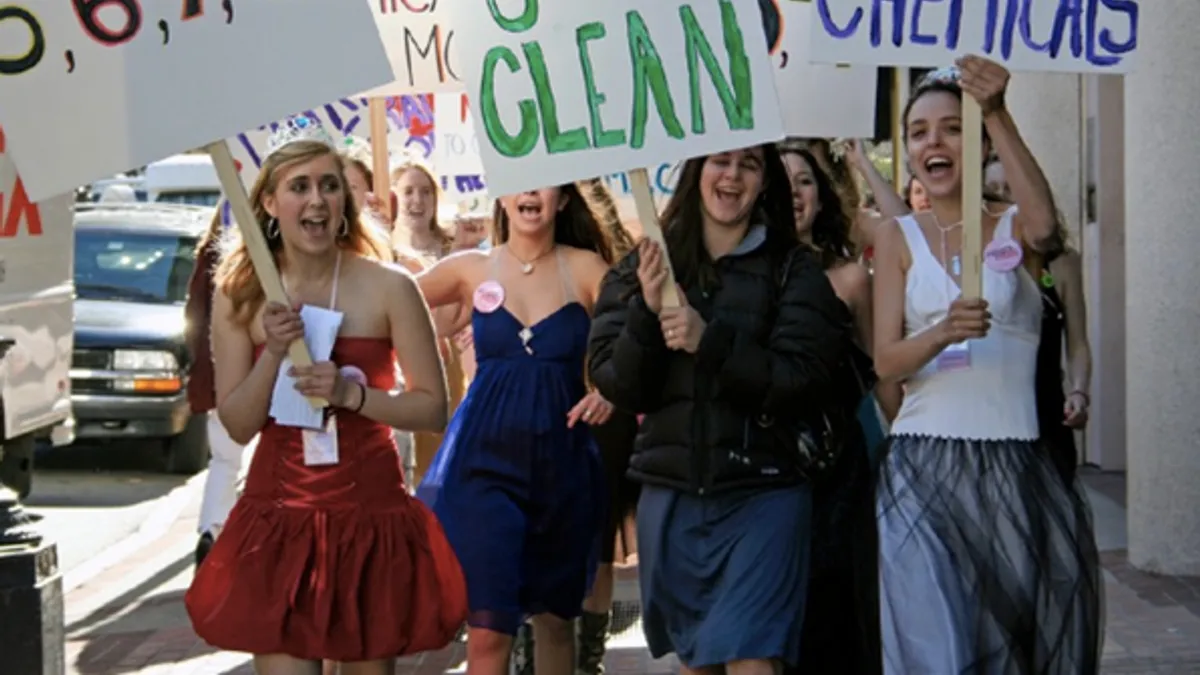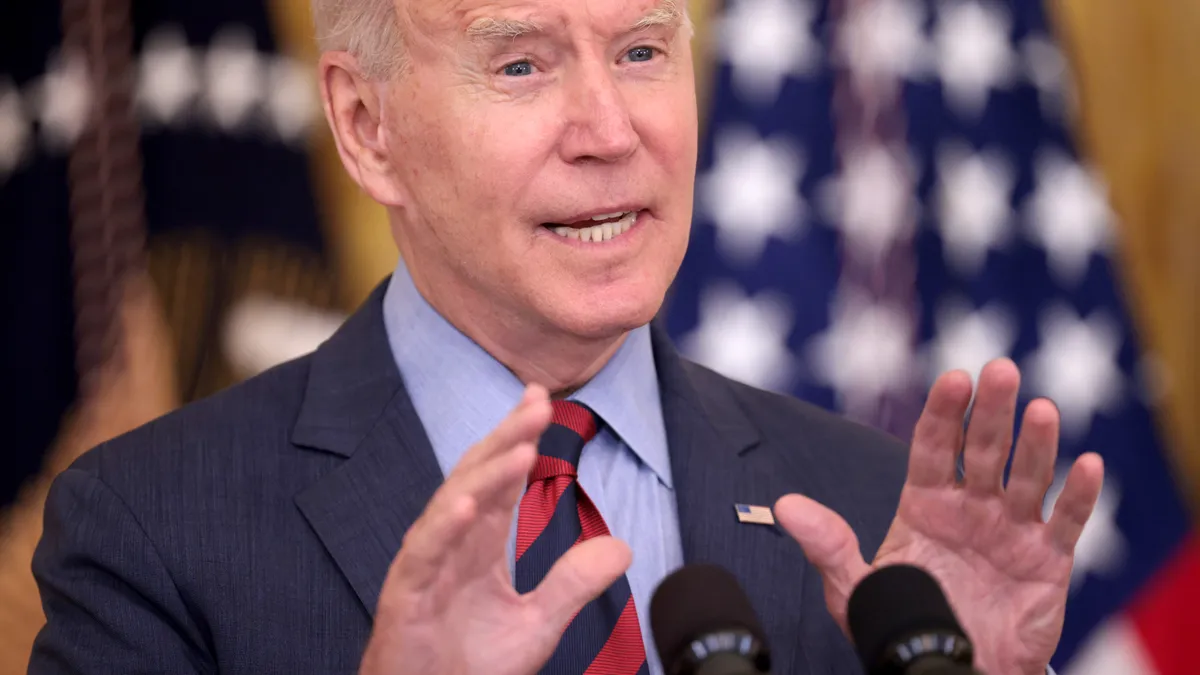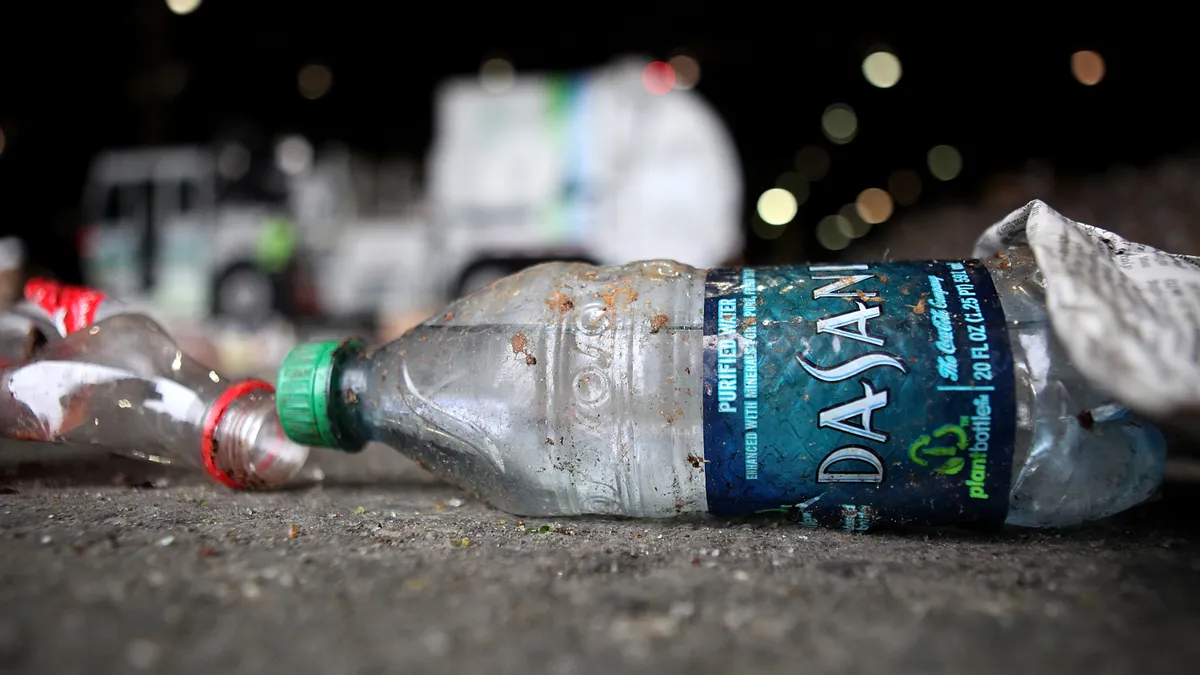The "green movement" has grown more attractive to millennials, inspiring many young professionals to choose careers where they can jumpstart far-reaching, new, and improved sustainability practices.
However, rarely does this demographic begin its education with plans to go into the garbage business. While sustainability is a hip concept, trash ... well, isn't.
Fortunately there are individuals like Erin Schrode — a "pied piper" of sorts — and programs by organizations like EREF and SWANA to introduce millennials to the multi-facets of waste management and guide them into a trash-focused career.
This is happening at an especially critical time, as today's top leaders are nearing retirement. Now, not only is the 20- to 30-something cohort learning from a seasoned but fading pool, but they are taking off with fresh ideas to become the next generation of garbage gurus.
Industry programs fill in where college programs lag
Few college programs offer solid waste management curricula, which is a gap that the Environmental Research and Education Foundation (EREF) is aiming to fill. Through scholarships and an internal research program, EREF works to make connections that tie students' academics to the waste industry.
Four to eight students are chosen for scholarships annually from a pool of over 200 applicants, supported by fundraising and the industry. PhD students can receive up to $14,400 a year, and master's students can receive $6,000 a year for a research project focused in solid waste management. Last year the program, which has funded 50 scholars since 1998, awarded over $160,000 in scholarships — and, most importantly, there has been payback. Overall, 75% of participants from both EREF programs choose a career in solid waste.
"Most of our scholars, and especially our interns, are just skimming the base in school rather than learning the dynamics and complexity of the industry. Our programs allow them to go deeper, and they see a lot more to this than they imagine," said EREF President and CEO Bryan Staley, who started as an EREF scholar.
Another EREF scholar, Dr. James Levis, is now a college professor at North Carolina State University. While at EREF, he started developing a life cycle analysis tool named SWOLF (Solid Waste Optimization Life Cycle Framework).
"It addresses the new direction some states are taking — where they are looking to revise their recycling goals using life cycle analysis to focus on reducing environmental burden rather than look at percent of recycling. The tool, which assesses for instance the impact of landfilling plastics over paper, will go public this year," said Staley.
EREF's second offering — a research program — welcomes mainly undergraduates who aggregate industry data that is "[historically] not well collected," according to Staley.
Currently there are 10 interns and 14 intern alums; of those 14, 78% are working in solid waste.
SWANA preps its next generation
The Solid Waste Association of North America (SWANA) has a Young Professional (YP) group, with 500 members in five US regions, Canada, and the Caribbean. Many are new to the field or happen to be the youngest at their companies, however the membership program helps them navigate their careers and excel past other industry professionals.
"Many baby boomers who made their way to leadership positions are starting to retire. The decades-long relationships between people and their associations need to be replaced by the next generation of leaders, and YP is creating that next generation," said SWANA CEO David Biderman.
Young members in each of the association's regions are teaching each other by conducting sessions and webinars on topics such as landfill basics, networking, negotiation tactics, and e-waste solutions.
They chat back and forth in their SWANA e-community, and most chapters have a dedicated YP representative to plan activities and assume a governance role. "They are talking to and recruiting people in their area, and that's how it grows," said Biderman.
Additionally, YPs are encouraged to stretch further by considering a seat on the SWANA International Board. Such presence is critical, said Biderman, as "We need the voice of YPs to make sure that segment of our membership is represented when the board gathers to approve SWANA budgets and policies."
Biderman recently took a few YPs to the International Solid Waste Association (ISWA) World Conference in Belgium, as international exposure opens more opportunities — perhaps to one day get involved in technology transfer overseas. "Or if we build a network between YPs in the US and ISWA, they might learn from us and we learn from them," said Biderman.
Young 'pied piper' leads more youth
Erin Schrode, a 24-year-old nonprofit co-founder, has taken off on a mission to cut unused waste on a large scale — and has developed a solid following.
Her national nonprofit, Turning Green, challenges and guides individuals, schools, and whole communities to adopt cleaner practices. One of its pillar programs is Project Green Challenge, enlisting youth around the country to take on green, greener, and greenest projects.
"Green" is having students identify a problem they can change — maybe accumulating trash in the form of spent single-use items. When they go "greener," they get closer to that problem, perhaps by putting anything they touch in a day in a bag — cups, utensils, napkins.
"At the end of the day when they have pounds of trash it's startling and a conversation starter," said Schrode, adding they figure out ways to mitigate their own waste.
Then comes "greenest," where students find a campus-wide solution, like totally eliminating water bottles.
"They go from identifying a problem, to finding alternatives in their own lives, to implementing a further-reaching solution," said Schrode.
She leverages project ideas to generate momentum. She's pulled youth into initiatives like a single-use bag ban, training them to lead campaigns and to speak at schools. And she does a six-week tour of campuses nationwide, from Idaho to Mississippi and beyond, showing students what eco-conscious living looks like.
She then passes the baton; some of the students she has inspired have gone on to lead town hall initiatives or launch campus-wide recycling programs.
"Youth are the next generation to address the environment, and green was where I found my sweet spot," said Schrode. Her generation is a force to reckon with — for their energy and their ability to grab attention. "We make contact through a different paradigm, using Twitter and Instagram and other social media to reach far," she said.
Now, companies are recruiting this "20-something" to speak to board members and employees on sustainability — including Apple, which Googled "green and teen" and up popped Schrode's name. She has spoken to Chipotle and Coca-Cola, and is currently helping IKEA launch company content for Earth Day.
Schrode has brought issues to the forefront for policy leaders too, speaking not long ago at a White House summit to an Environmental Protection Agency administrator, the Secretary of Education, and other potential drivers of change.
"Adults talk, and numbers speak. But young people capture the media and leaders' attention with a more truthful, raw perspective that is not driven by alternative agendas," said Schrode. "It’s people on the ground wanting to do right."


















